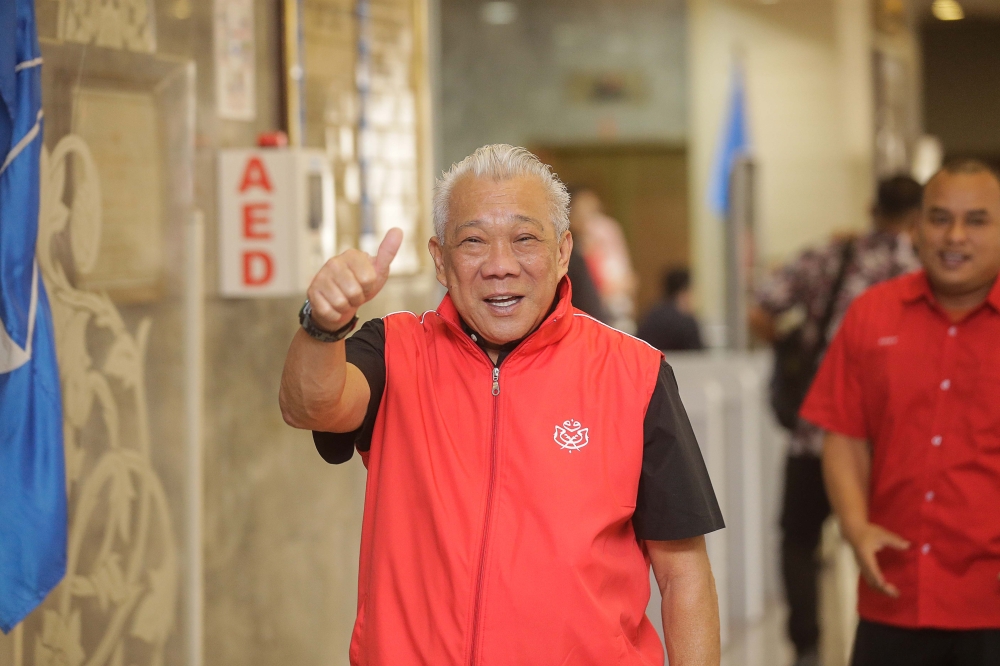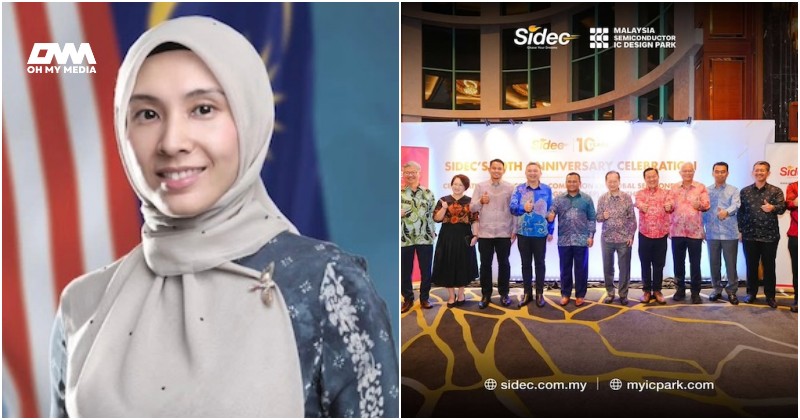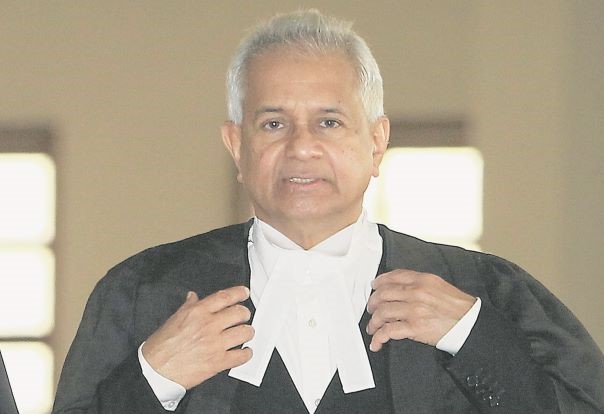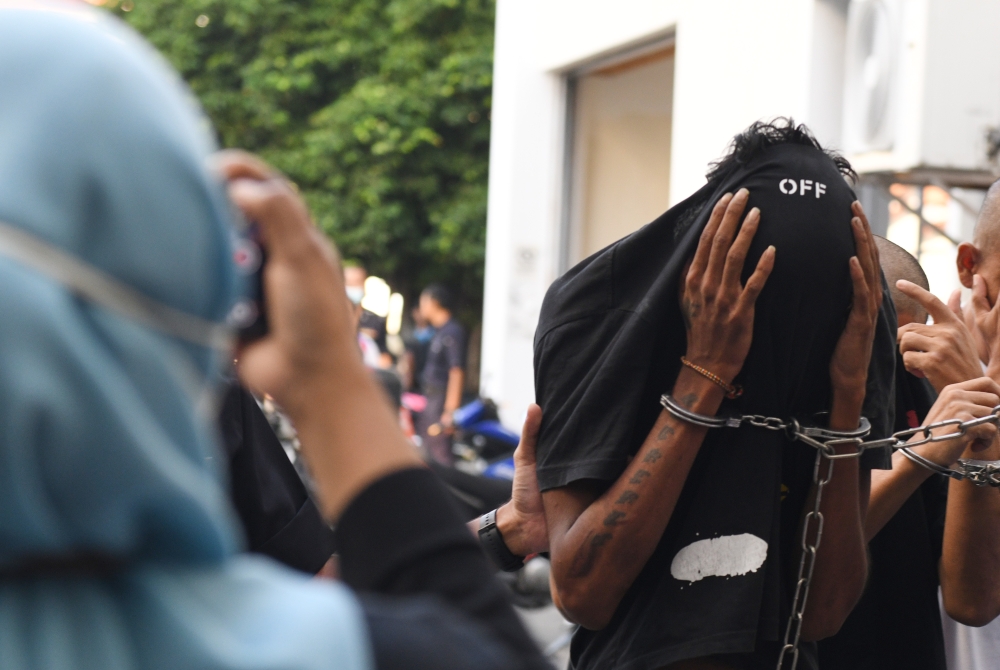KOTA KINABALU, July 3— Sabah Umno is prepared to contest and win at least 32 seats in the upcoming state election, with the larger goal still at 40 seats, said chairman Datuk Seri Bung Moktar Radin.
He declared that the party is ready to go up against former ally Gabungan Rakyat Sabah(GRS).
The Lamag assemblyman reiterated that there will be no negotiation with GRS, as they were prepared to contest head-to-head or in multiple-cornered fights in as many as 25 seats against the eight-party coalition led by Chief Minister Datuk Seri Hajiji Noor.
“We’ve been conducting dry runs in many of our constituencies. Our machinery is strong, and we’re ready for straight or multi-cornered fights,” he told Malay Mail, adding that the seats are mainly in rural and semi-urban areas BN contested in 2020.
“I expect many six- or seven-way contests. It’s okay — everyone believes they can win. I have confidence in our ground game. This is the best way to settle it.”
BN’s component party, Parti Bersatu Rakyat Sabah (PBRS), is expected to contest in Keningau and other interior seats with large non-Muslim Bumiputera populations, while PH is seen as stronger in urban and Chinese-majority areas.
“Yes, we’ve had discussions with Pakatan Harapan (PH). They’re going well. They’re good partners and we don’t see any major issues. They’ll do well in the urban seats,” Bung said.
This approach runs counter to Prime Minister Datuk Seri Anwar Ibrahim’s desire for a three-way cooperation between PH, BN, and GRS — an extension of the Federal unity government model to Sabah.
At the Federal level, PH and BN govern together with GRS’s support. But in Sabah, ties between Umno and GRS have collapsed following a power struggle in January 2023.
Umno and GRS were allies during the 2020 state election and formed the government with a slim majority. But tensions simmered beneath the surface from day one.
Bung, who was deputy chief minister, accused GRS of betraying agreed seat allocations, planting candidates in BN areas, and marginalising Umno within the state administration.
“My experience with them — we were cheated repeatedly. We negotiated and agreed on seats and positions, but they still planted their own candidates and sabotaged us,” he said.
He claimed that as state Works Minister in Hajiji’s Cabinet, his proposals and budget allocations were blocked while GRS-linked ministries continued unimpeded.
“That’s why I don’t want to go through that again. The trust is completely gone.”
The tension came to a head with the “Kinabalu Move” in January 2023, when Umno withdrew support for Hajiji in an attempt to topple the GRS government.
However, five of its assemblymen refused to comply and backed GRS, allowing Hajiji to retain power with PH’s support.
Bung was sacked from the state Cabinet and replaced by Datuk Shahelmey Yahya, one of the “rebels” — now Deputy Chief Minister.
Any future cooperation, Bung said, would only happen after the polls — if at all.
“Let the voters decide. Then, if necessary, we can talk again.”
Inter-coalition clashes are nothing new in Sabah. The 2020 state election saw at least 17 overlapping contests between BN and GRS-linked parties.
In that election, BN won 14 of the 32 seats it contested, while Bersatu (then part of Perikatan Nasional) won 11. BN and PN formed the GRS state government.







